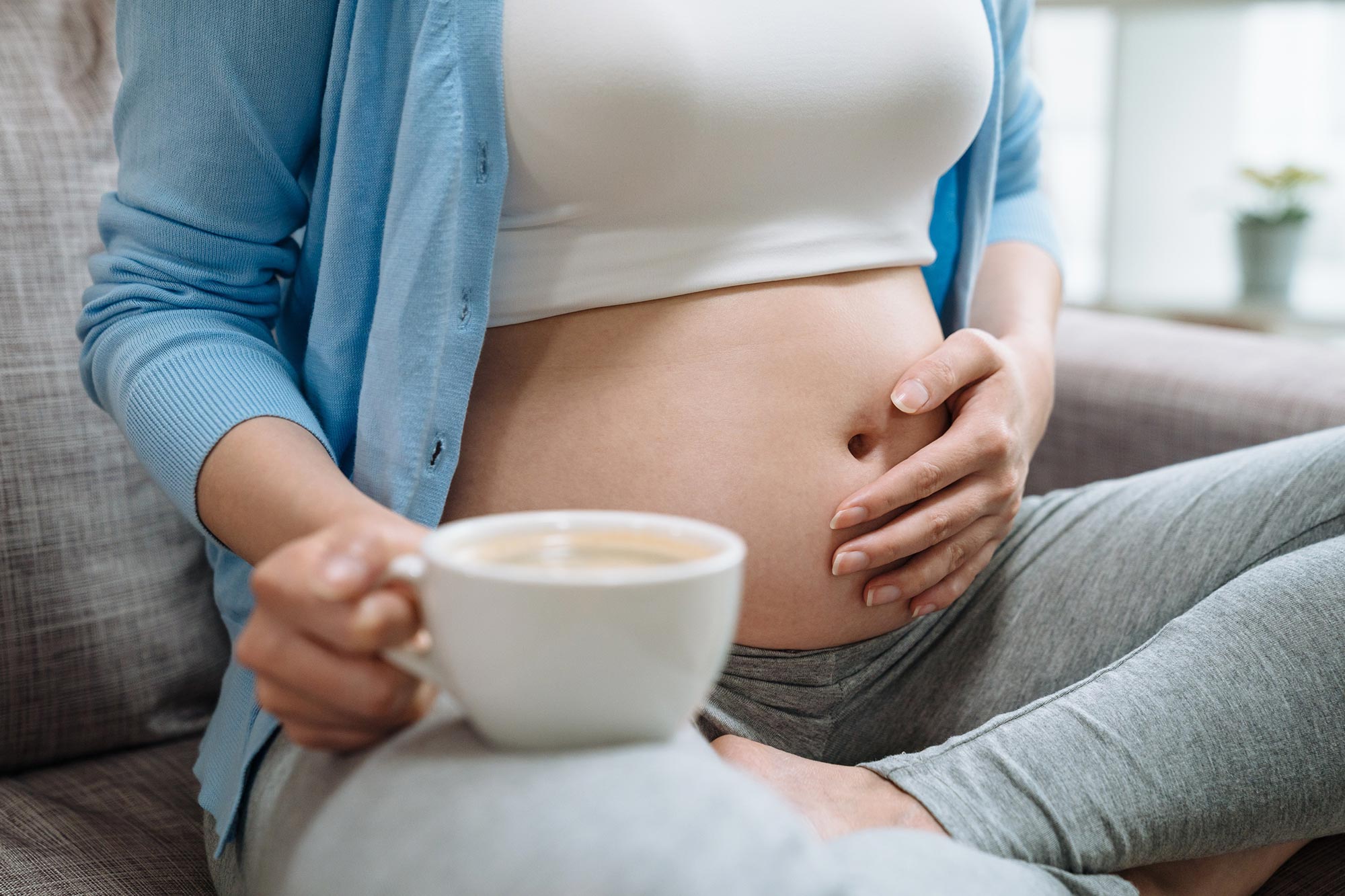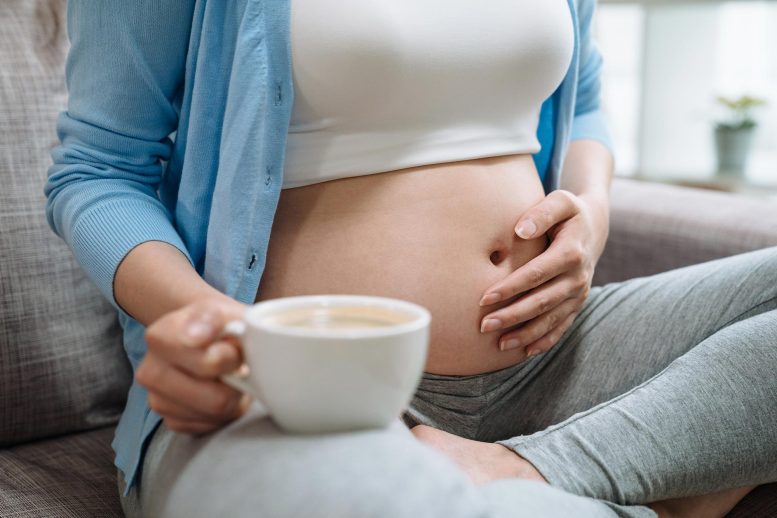

A study from the University of Queensland found no strong evidence linking coffee consumption during pregnancy to neurodevelopmental difficulties in children.
This research, involving extensive genetic analysis of Norwegian families, supports continuing adherence to existing caffeine consumption guidelines during pregnancy.
A University of Queensland-led study failed to find any strong links between drinking coffee during pregnancy and neurodevelopmental difficulties in children. However, researchers still advise expectant mothers to adhere to medical guidelines regarding caffeine intake.
Insights From Scandinavian Coffee Culture
Dr. Gunn-Helen Moen and PhD student Shannon D’Urso from UQ’s Institute for Molecular Bioscience (IMB) led a comprehensive genetic analysis using data from tens of thousands of Norwegian families.
“Scandinavians are some of the biggest coffee consumers in the world, drinking at least 4 cups a day, with little stigma about drinking coffee during pregnancy,” Dr. Moen said.
“Our study used genetic data from mothers, fathers, and babies as well as questionnaires about the parents’ coffee consumption before and during pregnancy.
“The participants also answered questions about their child’s development until the age of 8, including their social, motor, and language skills.”
“Our analysis found no link between coffee consumption during pregnancy and children’s neurodevelopmental difficulties.”
Analyzing Caffeine’s Effects on Neurodevelopment
The researchers said physiological changes during pregnancy prevent caffeine breaking down easily and it can cross the placenta and reach the fetus, where there are no enzymes to metabolize it.
Caffeine accumulation was thought to impact the developing fetal brain, but Dr. Moen said previous observational studies couldn’t account for other environmental factors such as alcohol, cigarette smoke, or poor diet.
Methodology of Genetic Analysis in Pregnancy Studies
“We used a method called Mendelian randomization which uses genetic variants that predict coffee-drinking behavior and can separate out the effect of different factors during pregnancy,” she said.
“It mimics a randomized controlled trial without subjecting pregnant mothers and their babies to any ill effects.
“The benefit of this method is the effects of caffeine, alcohol, cigarettes, and diet can be separated in the data, so we can look solely at the impact of caffeine on the pregnancy.”
The researchers use genetic analysis to understand complex traits and diseases, especially in early life, with a previous study by Dr. Moen showing that drinking coffee in pregnancy did not affect birth weight, risk of miscarriage or stillbirth.
The Importance of Medical Advice on Caffeine
They emphasize the importance of following advice from healthcare providers to limit caffeine consumption during pregnancy, as caffeine may influence other pregnancy outcomes.
The researchers are now looking to apply similar analyses to understand more about genetic and environmental causes of neurodiversity, and the effect of it from other factors on brain development during pregnancy.
The research was published today (October 9) in Psychological Medicine.
Reference: “Mendelian Randomization Analysis of Maternal Coffee Consumption During Pregnancy on Offspring Neurodevelopmental Difficulties in the Norwegian Mother, Father and Child Cohort Study (MoBa)” 9 October 2024, Psychological Medicine.
DOI: 10.1017/S0033291724002216
The research team included international collaborators in Norway including Professor Alexandra Havdahl from PsychGen Center for Genetic Epidemiology and Mental Health, Norwegian Institute of Public Health, Oslo and England as well as IMB’s Caroline Brito Nunes, Dr. Daniel Hwang, and Professor David Evans. The research was conducted using data from the Norwegian Mother, Father, and Child Cohort Study (MoBa).
Funding: National Health and Medical Research Council, Australian Research Council